How to survive any economic downturn or climate shift by becoming self-sufficient and living off the land
Self-sufficiency is becoming more and more important with time, particularly as the world’s crop production takes strain due to shifting climate patterns. Self-sufficiency implies becoming able to survive by yourself, or without depending on shops, markets or the government to supply your survival needs, like water, sanitation and food. Now is the time to prepare as the multiple challenges to the system arise.
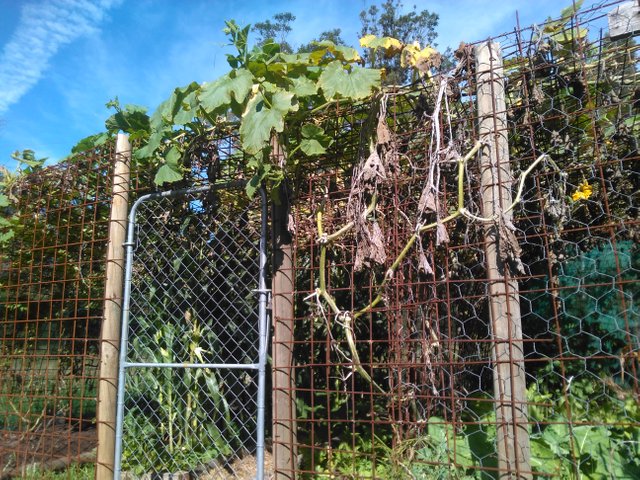
With water becoming a rare commodity around the world, crops are taking strain. Either there is too much water, like the flooded plains of America and farmers are unable to benefit from “wet planting” other than gaining the insurance money or government grant, or there is too little water, as in India, for example, where the monsoons are late and diminished, thus lowering the water table and forcing the government to send tankers around to supply drinking water.
As wheat and grain prices increase due to poor crops globally, the price of staple foods will rise. We all live on some form of grains, in Africa it’s maize, in India and China it’s rice and in the European west it’s wheat. Soy is used to feed cattle, and that in itself is a singly destructive and devastating industry to the forests and the cows who have to eat the GMO product. All of these commodities are suffering from decreased production this year and a price increase, so the knock on effect will cause things like bread and all grain-based foods to increase in price.
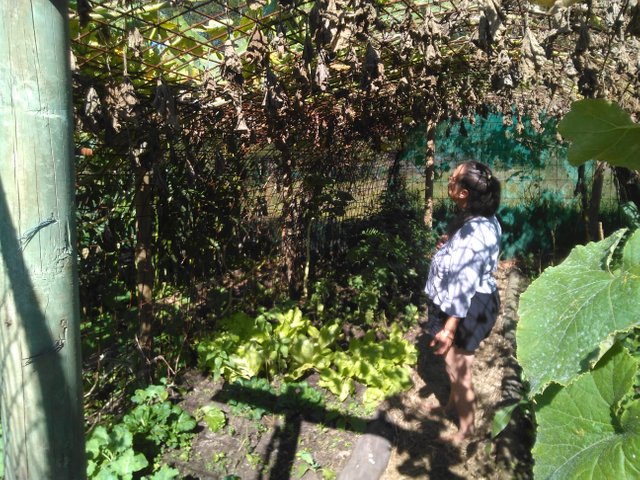
Zimbabwe is experiencing a 50% shortfall in its grain production, in a country that used to be the bread basket of the world. As a result individuals there and throughout the world may need to look at investing more time and effort into growing their own. Not only do we all need to grow some sort of food for ourselves, but we also need to look at becoming energy self-sufficient too. Solar panels and batteries are one solution. In South Africa where I live there is a culture of corruption and ineptitude which has crippled the national energy provider to such a degree that every few months we go through scheduled power cuts for two hours at a time, twice a day. As a result I have bought a solar system comprising of a battery, panel, inverter, controller and some cable with lights.
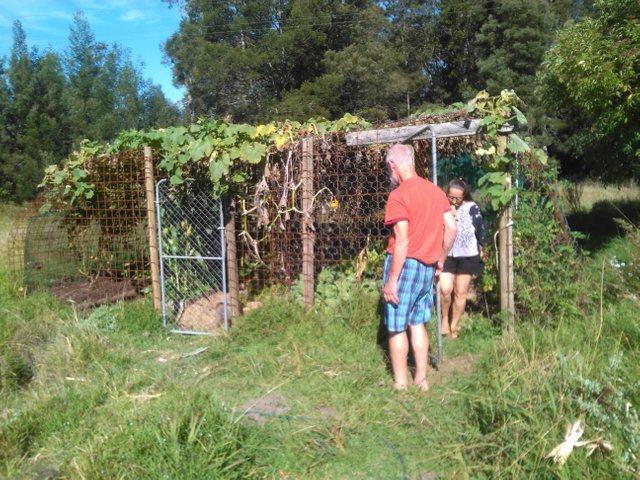
Besides that rain tanks are crucial to collect your own rain water. In the past two years, my old home tow of Cape Town became the first city in the world to run out of water for all 4 million residents. Tankers had to deliver water during the summer back then, two years ago, and things remain on the brink of drought. This was predicted to occur years ago already, as the south coast of Africa begins to dry out with shifting climate patterns. I left the city some years ago already due to the increased pollution and crowding, and live a few hundred miles further down the coast, but the drought hit my area just as badly, as the entire coastline is affected.
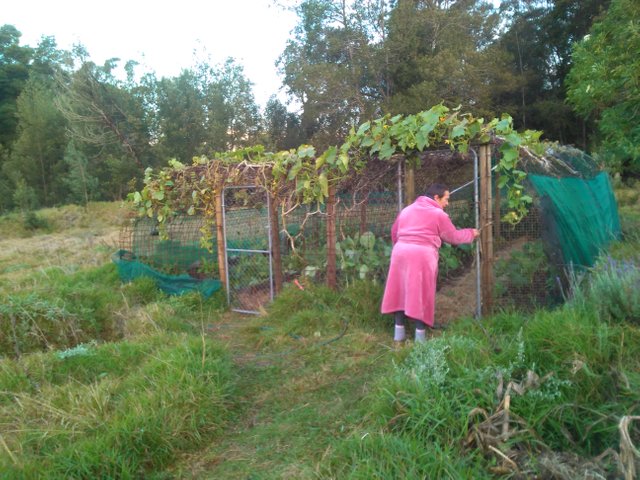
My friends in the neighbourhood have been building green houses for increased food production. Actually they specifically need the greenhouses more to protect the green produce from baboons that roam around here in troops, and have no respect for boundaries or ownership. If they see your crops, they will invade and rip it up, destroying most and eating the rest. They are destructive by nature and so wire cages are the only solution.
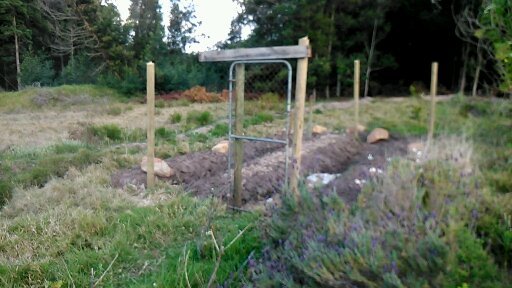
Cage production has done wonders in protecting the green produce and with the help of an expert farmer from Malawi, they have been able to grow what they need to eat, as well as many beautiful flowers, including sunflowers, with their healthy seeds. The first step was to dig a long narrow trench or “swale”, as its called, which catches rain and run-off very well, holding it for longer and channeling it into a small pond. Then the cage is built nearby and the green veg is then fed by the collected water.
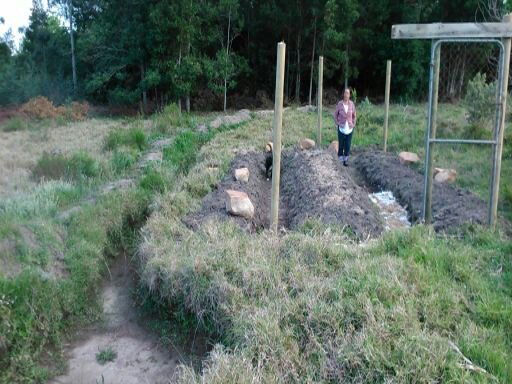
The permaculture system is very popular and highly recommended for food production, where the goal is to have “food forests” all over, growing abundantly and continually without being mono-crop but rather a diverse mixture of plants. Legumes like beans and others are planted first to help add nitrogen to the soil. Thereafter other plants are added, including shade-bearing small trees. Besides that fire wood is another fundamental commodity, so fast growing pine or the many alien invader trees are used. They were brought in from overseas in previous generations for one reason or the other, but became invasive and too prolific, pushing out the other local indigenous plants. They are now considered a weed, like Wattle, Blackwood and even Eucalyptus or Bluegum as it’s called. One is required to remove them but even they make great firewood, as long as their growth is kept in check and not allowed to grow rife.
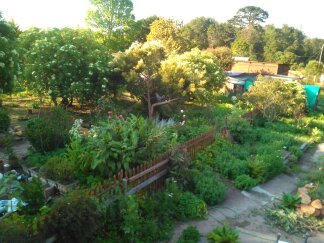
Here in the pictures you can see the growing cage coming on very nicely in its construction, a simple job, but secure enough to last the onslaughts of the mischievous baboons. In this way the farm lives off the grid, and has been collecting all its own rain water and solar energy for over a decade, growing produce and collecting its own firewood. One still needs to supplement with grains from the shops, like rice or flour, but if there was to be any sort of crisis, then the farm would survive on its own resources indefinitely.
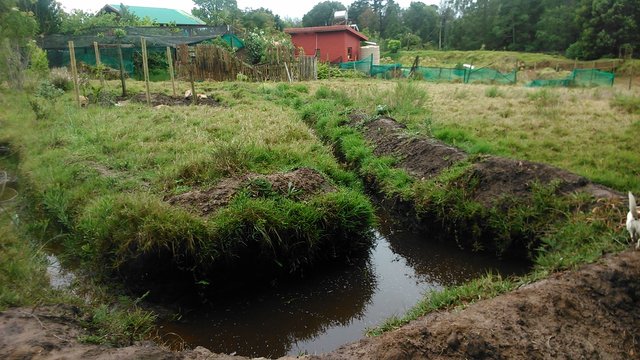
This is something everyone should look into in the long run, namely moving out of the busy urban areas, setting up a place in the countryside, with rain tanks and solar systems, while planting forests for wood and gardens for food. In this way one can be assured survival if and when the next global financial recession appears, or the shifting climate ruins mono crop production globally.


That is the dream. ❤️
But for now I cannot make that happen. Or more like I am hesitant to leave all my family and friends behind...
Not to worry, there are friends everywhere. Perhaps when the time is right for you one day in the future, and you can take your family with.
You've been visited by @nateonsteemit from Homesteaders Co-op.
Indeed, permaculture is a resilient and efficient system. It's cool to see so many folks adopting it in their lives. The trick is gonna be getting larger scale producers on board too :)
A community marketplace of ethical, handmade and sustainable products available for STEEM, SBD (and USD): https://homesteaderscoop.com
follow: @homesteaderscoop
Hi many thanks for the positive feedback Nate. Glad you are thinking of the bigger producers.
Really wish we had changed direction and moved inland years ago, the coastal soil is terrible to grow in, as a child growing up on the Westrand I recall my fathers property had such a variety of vegetables and fruit, constant supply from the garden.
Sadly when my parents sold in the early 1990's new arrivals stripped the garden for a swimming pool and entertainment center removing almost everything.
Sometimes I wonder why we all thought buying out a grocery store would carry on forever, you definitely made the right move here Julian.
Thanks Joan, I'm still near the coast, although here in the Garden Route we are surrounded by what's left of the Knysna Forest, and the soil is quite good.
Otherwise making your own soil is a criteria, and there is a system to do that, with compost and worms.
We were offered a property along Wilderness Beach (Golden Mile) in 1975 for R30k, had I known then what I know today!!! Newly engaged planning a wedding not having the amount required for a deposit we obviously did not go that route.
Property was between the main road and the lagoon, not on the ocean side. Very tempting at the time to move to George, which we looked into, sadly no employment was available in the region at the time, it really was a tourist paradise.
Yes I know the area, a tourist paradise by the sea, and I have friends on the lakes.
Very pretty area before it was over developed, personally I would prefer to be where you are up in the forests for living. Much better soil and away from direct ocean breeze.
You are welcome to move here, there is property for sale, much of the country will be moving to the Cape in years to come if they can as the last shelter.
The day I can get a place of my own with a good backyard for planting, I will get some things going and have less reliance on the shopping and more on my own home-grown stuff.
I hope you can get your own land, I don't own land but my friends have the land seen in the post here, that's where I participate. Community is a crucial ingredient too.
This fact in itself is detrimental!
I'm curious here in the US to see how much prices for grains, beef and other commodities will be rising higher in price come autumn due to the flooding in the Midwest region.
The Midwest flooding was severe and farmers are going bankrupt or getting bailed out by the Federal govt. When the global recession comes in the next year or two, the situation may be worse, so we are in the prepping stage now for the worst to come.
My son is a farmer (raises calves, beef cattle and milk cows)... and he has seen prices so awful he's been considering filing for disaster relief. When he sees the prices of milk here at 99/cents for 1/2 gallon or under $2 for a gallon he almost wants to give up. And now... on top of the prices being so low, he has to contend with the Midwest (we are located in the eastern part of the Midwest) crisis... he fears for his family's well-being. They're raising five kids and this is the only life/career he has ever known.
Very difficult times there for farmers. You are closely involved there then via your son. I hope it works out but we need to have a plan B nowadays.
You and I are singing the same song brother. Great work here with the cages.
My family are in the Pyrenees where we have been able to create irrigation chanels from the village canal.
I wouldn't call it 100% succcessful yet but this is our first year so next year will be better.
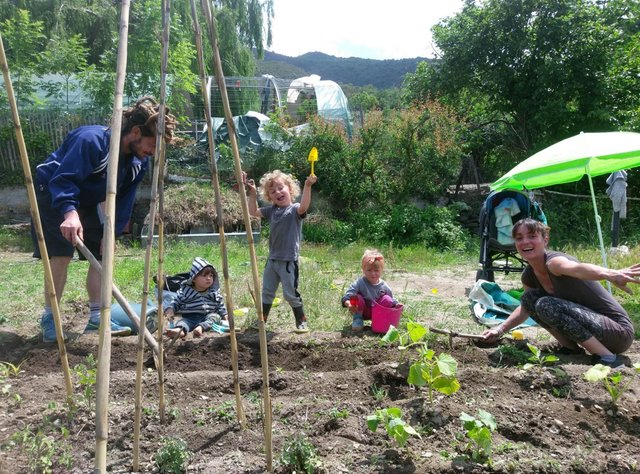
I have been warning people about the changing weather patterns since I learned about the Grand Solar Minimum last year.
Wow amazing to see, great to be in touch on steemit. We are on the same page despite being worlds apart.
Its nice to see these efforts at sustainability. I am very worried about the future, more so for my children than me. We are already seeing a humanitarian crisis at the US Southern Border due, in part to climate change, and in part to political instability to our south. That is all set to get worse. Then it seems that most countires, even those that should know better, such as the US and the European countries, are unwilling to take steps to address either climate change or political instability. In the US we now have a president who simply denies climate change and is doing everything possible to make it worse. In addition, around 43% of our population in the US clearly does not understand the reasons for the masses wanting to enter the US--they simply hate, because they have been told to do so. We are also trying to do more to sustain ourselves, but we are also clear that in a crisis, anyone who is successful will be a target of the ignorant who failed to plan. Overall, this doesn't bode will for the future of humans.
Proud member of #powerhousecreatives
Oh hectic, it sounds like the bulk of the planet is under severe strain at the moment, and it is just a matter of time before the next global financial recession kicks in. Refugees are flooding all the last places of potential shelter in the millions, so our children's future is uncertain as you say, wherever they are. Where are safe havens if there are any left, like New Zealand, although pricey to emigrate. Perhaps Canada lol.
Thanks for bringing this to peoples attention - we really need to take food sovereignty more seriously.
I have been developing my gardens for years and learning about the different wild foods in my area. I feel very fortunate to be living in the forest were there is abundance around me!
The biggest draw back to living up north where we do is the long cold winters so I have taken to developing my indoor gardens to help support us through the winter.
I think it is a good idea to learn to grow in more controlled environments too because of the changing weather patterns and the extreme weather.
Permaculture is a wonderful thing and learning to put up your food for hard times or the off seasons!
Love to see this in action!
Thanks for sharing!
Great to hear of your fine efforts there, you are a role model, with your years of experience in the field. Bill Mollison and Geoff would be proud.
Thank you, that was very revealing.
How do you earn your money for the investments of your self-sustaining business? You can't do without money completely. In my opinion, this is the biggest hurdle to living off the grid. A decision that may take several decades to create the necessary basis (buying or renting/leasing land), possible maintenance of a vehicle to transport heavy things, etc. The majority of people will not be able to lead such a life. Actually, self-sufficiency is also a lot of work, mainly spent on food production and shelter activities, isn't it? I would almost say that apart from the brave ones, who like you lead a life away from the cities and with their own resources, there needs to be another form of urban planning and management.
Permaculture areas instead of parks and green spaces that serve only as decoration. Small-scale food forests should also be possible in populated areas. Here, for example, water is not the big problem, but summers like last year can destroy harvests and did so, there was far too little rain. This year we have a normal summer again with more rainfall. I collect rainwater for my balcony plants and have a small compost to cultivate soil. But more than a few herbs and some flowering plants for the insects the balcony doesn't give away. In winter everything is at a standstill anyway.
From my point of view, part of the supply must be local and the small farmers supported. Those who regularly set up the market stalls and sell their products there are doing this quite successfully. But they need a paying clientele that can afford the high prices.
It would have a great effect if homeowners in housing estates were to operate their gardens as kitchen gardens again, as was the case in the past. Where fruit and vegetables were grown and surpluses could be shared with neighbours. In fact, when the harvest is ripe, it yields so much that a small household cannot eat or consume it all. I think as soon as the need is given back, people will rethink. But as long as it's not like that, everything stays as it is.
Again, thanks for this very interesting article and the details you gave. Greetings from Hamburg, Germany
Great tips for sustainability! Thanks for sharing!
My pleasure.